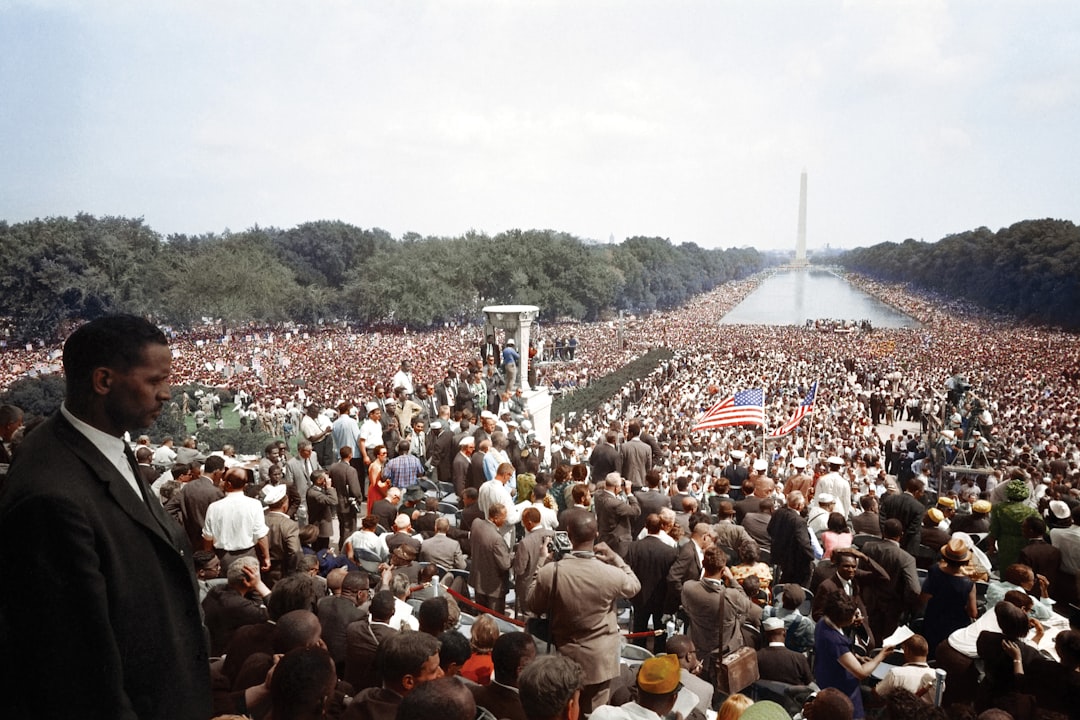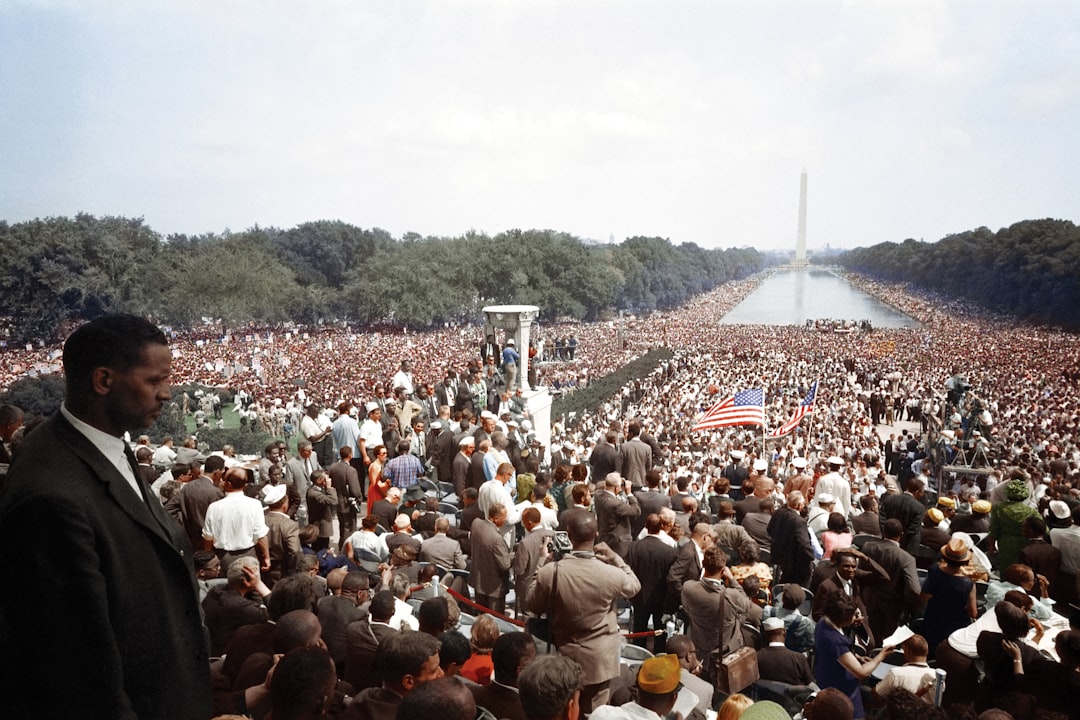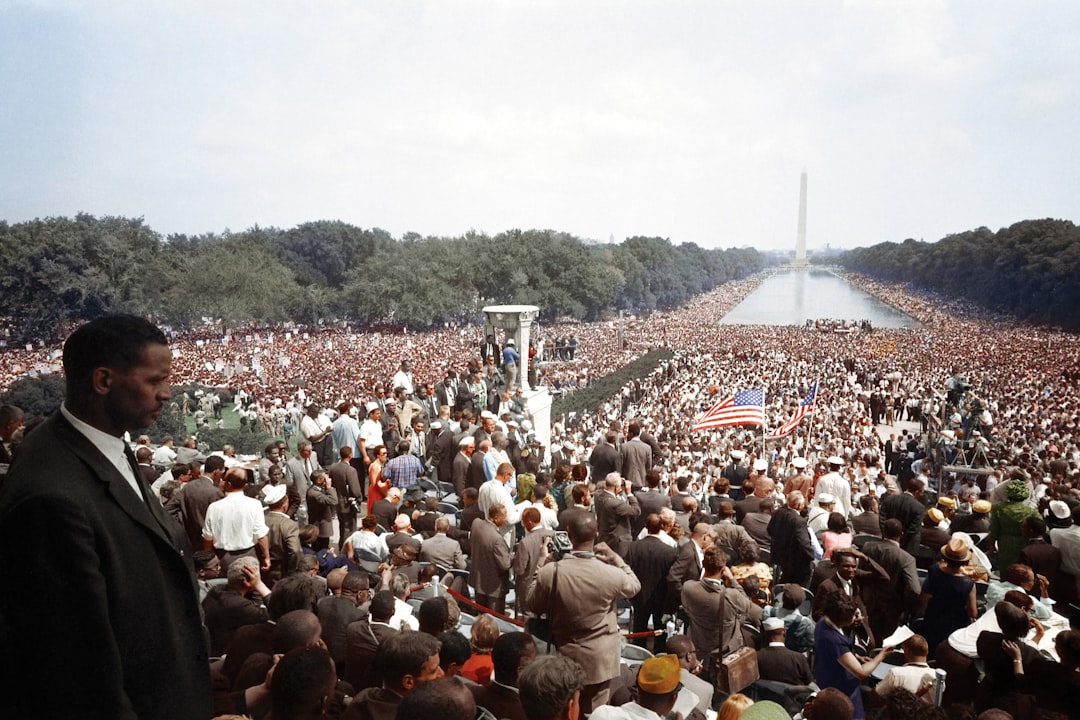In Mount Pleasant, Do Not Call laws balance fundraising efforts with residents' privacy by exempting charities from restrictions. Locals can register their numbers on national "Do Not Call" lists to curb unwanted solicitations from both commercial and charitable organizations. DC-based law firms specialize in these regulations, guiding charities to maintain transparency and respect privacy, while residents enjoy a quieter community environment. To opt-out of charity calls, Mount Pleasant residents should register with the national database, communicate their preferences, and update donation platform settings.
Mount Pleasant residents, are you aware of your rights regarding charitable solicitations? In today’s digital age, understanding “Do Not Call” laws is essential, especially when it comes to non-profit organizations. This comprehensive guide will shed light on charitable solicitation exemptions, empowering Mount Pleasant residents to make informed choices.
Discover how DC law firms play a pivotal role in navigating these regulations and ensuring compliance. Learn the criteria for qualifying exemptions and essential steps to opt-out if desired. Take control of your privacy while supporting worthy causes.
Understanding Charitable Solicitation Exemptions: A Mount Pleasant Resident's Guide

In Mount Pleasant, charitable solicitation exemptions under the Do Not Call laws are designed to balance the important work of non-profit organizations with the privacy rights of residents. These exemptions allow certain entities, including qualified charities, to reach out to potential donors without first obtaining explicit consent. This is a crucial aspect for Mount Pleasant residents to understand, especially when they encounter solicitations for worthy causes.
The Do Not Call laws in DC aim to protect individuals from unwanted phone calls, but charitable organizations are often exempt from these restrictions due to their non-commercial nature and the public benefit they provide. As a Mount Pleasant resident, it’s essential to be aware of this exemption so you can support the charities that resonate with you while also enjoying the privacy protections granted by the law.
Do Not Call Laws: Protecting Residents from Unwanted Calls

Mount Pleasant residents often find themselves in the crosshairs of various charitable solicitors, with phone calls and door-to-door requests becoming a common nuisance. However, they need not feel powerless against this onslaught. The Do Not Call Laws, both at the federal and local levels, offer significant protections to homeowners, enabling them to enjoy peace and quiet without unwanted intrusions from telemarketers or charitable solicitors.
These laws, particularly those enforced by the Federal Trade Commission (FTC) in the U.S., empower residents to register their numbers on official “Do Not Call” lists, effectively blocking most commercial calls. Notably, many DC-based law firms specializing in consumer rights actively advocate for these protections, ensuring that residents’ privacy is respected and maintained. This way, Mount Pleasant’s citizens can avoid relentless solicitations, focusing instead on enjoying the vibrant local landscape and community offerings.
The Role of DC Law Firms in Navigating Solicitation Regulations

In the world of charitable solicitations, compliance with regulations is paramount. Mount Pleasant residents often turn to local Do Not Call laws for protection from unwanted solicitors, but they should also be aware of the crucial role that DC law firms play in navigating these regulations. These specialized legal experts help charitable organizations stay within the confines of the law while engaging in their vital work.
DC law firms with expertise in this area provide guidance on complying with Do Not Call lists and ensuring that solicitation practices are respectful of residents’ privacy. They assist charities in understanding when and how to contact potential donors, thereby fostering a positive relationship between organizations and the community they serve. By leveraging their knowledge of solicitation regulations, these law firms enable charitable entities to maintain transparency and build trust with Mount Pleasant residents.
Qualifying for Exemption: Criteria and Requirements

To qualify for a charitable solicitation exemption under the Do Not Call laws in Mount Pleasant, organizations must meet specific criteria set forth by local and state regulations. Primarily, the charity must be recognized as tax-exempt by the Internal Revenue Service (IRS) and operate within the jurisdiction where the exemption is sought. This ensures that funds raised are indeed for legitimate charitable purposes.
Additionally, the solicitation activities must adhere to strict guidelines, such as providing clear identification of the soliciting representative and the charity they represent, explaining how donations will be used, and ensuring donors have the option to refuse further contact without retaliation. Compliance with these requirements allows legal protection under Do Not Call laws, primarily aimed at limiting unwanted phone solicitations from commercial firms in DC.
How to Opt-Out and Ensure Compliance for Charitable Organizations

To opt-out and ensure compliance with the Do Not Call laws in Mount Pleasant, residents can take a few simple steps. First, register your number on the national Do Not Call registry, which is a federal database that restricts telemarketing calls. This can be done online through the Federal Trade Commission (FTC) website or by calling 1-888-382-1222. Additionally, many charitable organizations have their own opt-out mechanisms in place; look for and follow the instructions on their donation confirmation emails or letters.
For Mount Pleasant residents concerned about charitable solicitations, it’s crucial to communicate your preferences clearly. If you receive a call from a Do Not Call law firm DC representing a charity, politely decline and ask to be added to their “do not call” list. Many reputable organizations respect these requests, ensuring that they won’t contact you again in the future. Regularly reviewing and updating your privacy settings on donation platforms can also help maintain compliance and protect your preferences.






